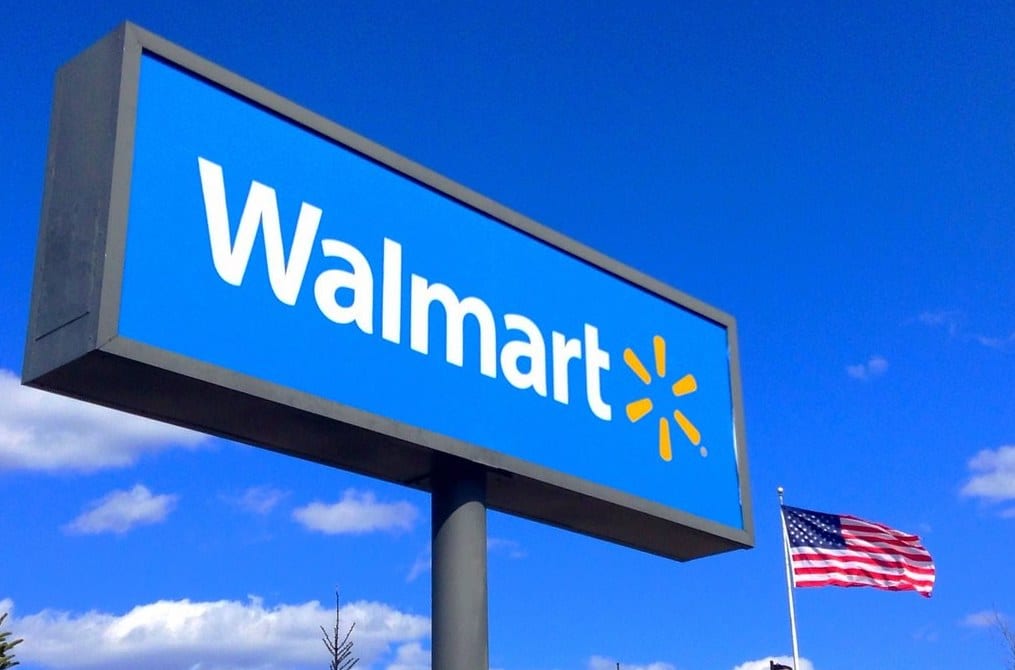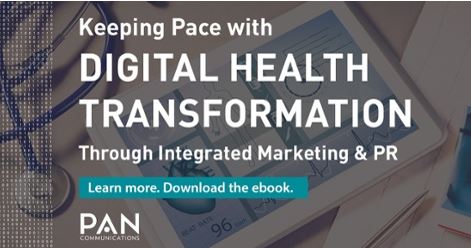The healthcare industry is at a crossroads. Costs are too high and patient options for convenience, particularly when it comes to care delivery, are top-of-mind for everyone. Retailers in particular are seeing their market opportunity. In order to lower costs for patients and ensure greater accessibility, many retailers are reviewing their business models and boldly disrupting the healthcare industry with the creation of clinics, virtual care options and digital experiences.
Take big-box retailers for example. Moving into healthcare is a win-win for that segment. Look no further than Walmart, which just recently  announcing plans to open its first stand-alone clinic. Struggling to win over retail consumers with the boom of e-commerce and online buying options, the clinic provides an opportunity for Walmart to drive in-store traffic while providing an interactive healthcare marketplace. The retailer also announced it will be offering current employees the opportunity to apply for its $1-a-day college tuition program, Live Better U, offering 1.5 million associates the opportunity to apply for one of seven health-related bachelor’s degrees and two career diplomas: pharmacy technician and optician. With a new retail-focused, healthcare workforce in training and plans to expand in the healthcare industry, can we expect other big-box retailers will follow suit to maintain a competitive edge in today’s saturated retail landscape?
announcing plans to open its first stand-alone clinic. Struggling to win over retail consumers with the boom of e-commerce and online buying options, the clinic provides an opportunity for Walmart to drive in-store traffic while providing an interactive healthcare marketplace. The retailer also announced it will be offering current employees the opportunity to apply for its $1-a-day college tuition program, Live Better U, offering 1.5 million associates the opportunity to apply for one of seven health-related bachelor’s degrees and two career diplomas: pharmacy technician and optician. With a new retail-focused, healthcare workforce in training and plans to expand in the healthcare industry, can we expect other big-box retailers will follow suit to maintain a competitive edge in today’s saturated retail landscape?
In addition to the focus on primary care, other retailers are honing in on prescription delivery, aiming to drive down costs and provide convenient options for patients in line with their lifestyles. With Amazon’s acquisition of PillPack last year, the company is now investing in “empathy training” to accurately assist patients juggling more than one medication. On top of training its staff, the online pharmacy negotiates directly with insurance companies to provide lower drug costs.
As retailers like Amazon move into healthcare, the opposite can also be true: drug stores and healthcare entities taking a page out of retailers’ books. For example, CVS pharmacy has announced same-day delivery services. Just last year the company also acquired health insurance provider Aetna and earlier this year announced plans to roll out 1,500 HealthHUB locations (offering healthcare services, digital on-demand health tools, advice and personal care). Additionally, CVS Health has rolled out an insomnia app to its employees – a first step in mainstreaming digital therapy and mental health services.
With retail’s parlay into healthcare – and healthcare companies and drug-stores hard pressed to re-invent themselves – organizations of all types are honing in on the power of innovation to achieve better outcomes for consumers. With leaders investing in cutting-edge solutions such as 5G, wearable devices, voice-assisted technology and telehealth options, we are sure to see even more overlap between healthcare and tech industries in the coming months as we move into 2020. Moreover, as retail, healthcare and tech continue to converge, what new demands will surface?
As PR professionals servicing clients across our healthcare practice, we are fortunate to work with many of the smartest and most innovative disruptors in healthcare. We are exploring new storylines that underscore their voices and expertise into these industry conversations, and building narratives that allow brands to drive a leadership stake as trends unfold.
Learn about some of our recent partnerships here.
 Photo Credit: https://www.flickr.com/photos/jeepersmedia/13753807413
Photo Credit: https://www.flickr.com/photos/jeepersmedia/13753807413


